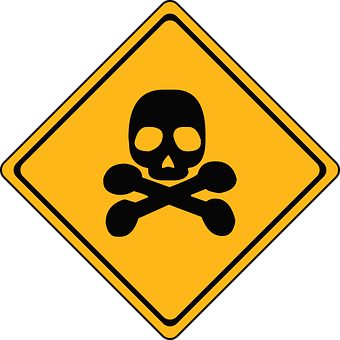Introduction:
Heavy metals occur naturally on the planet, and some like iron, zinc, and even silver and copper are vital for life in trace amounts. Heavy metals accumulate in the body over time. They hide out deep in our tissues and organs — and can be highly toxic, contributing to many chronic health problems.
Where can one ingest heavy metals?
- Lead from old pipes, paint, or even leaded gasoline still in topsoil (with children particularly at risk because even brief exposure can affect brain development)
- Mercury from dental fillings and industrial applications
- Cadmium from tobacco smoke or food grown in cadmium-rich soil
- Arsenic from treated lumber, coal-fired power plants, and runoff into groundwater
How can heavy metals be harmful to the body?
Heavy metals bond to and accumulate in organs and tissues, causing all kinds of physical, mental, and neurological damage. Many “mystery illnesses,” like muscle weakness, brain fog, fatigue, nausea, headaches, and even constipation, can be traced to heavy metal exposure and accumulation. The higher the concentration, the worse can be the problems.
Some consequences of heavy metals:
- Depression
- Hair loss
- Learning disabilities
- Immune disorders
- Cancer
- Death
Avoid additional heavy metal exposure when at all possible:
- Eat only organic produce.
- Rice is one of the most arsenic-contaminated crops—it is better to limit your consumption and check if your organic source is tested for heavy metals.
- Limit your consumption of fish, which is often contaminated with mercury.
- Heavy metals build up in animal fat—make sure your meat is from good sources
- Install water filters on your home
- Switch to a dentist who uses non-toxic procedures and can safely remove metal fillings.
- If your home was built before 1952, have pipes and paint checked for lead.
- Wear protective masks and clothing if you work in industries using heavy metals.
Dietary methods to get rid of heavy metals from the body:
- Dietary fiber: Various foods rich in fiber, such as fruit and grains with bran, may help remove heavy metals. Researchers have found fiber to reduce mercury levels in the brain and blood.
- Chlorella: Studies have shown that chlorella increases the detoxification of mercury in mice.
- Foods containing sulfur: Foods rich in sulfur, such as garlic and broccoli, may be good chelation agents. Research has suggested that garlic may have prevented kidney damage from cadmium and reduced oxidative damage from lead in rats.
- Cilantro: Cilantro may help, but there is currently limited evidence to support this.
Conclusion:
Certain supplements may also work to detoxify the body from heavy metals. People should consult their doctor before taking any new supplements, however, and they should always follow the guidance of their healthcare professional when aiming to naturally detoxify from heavy metals.
